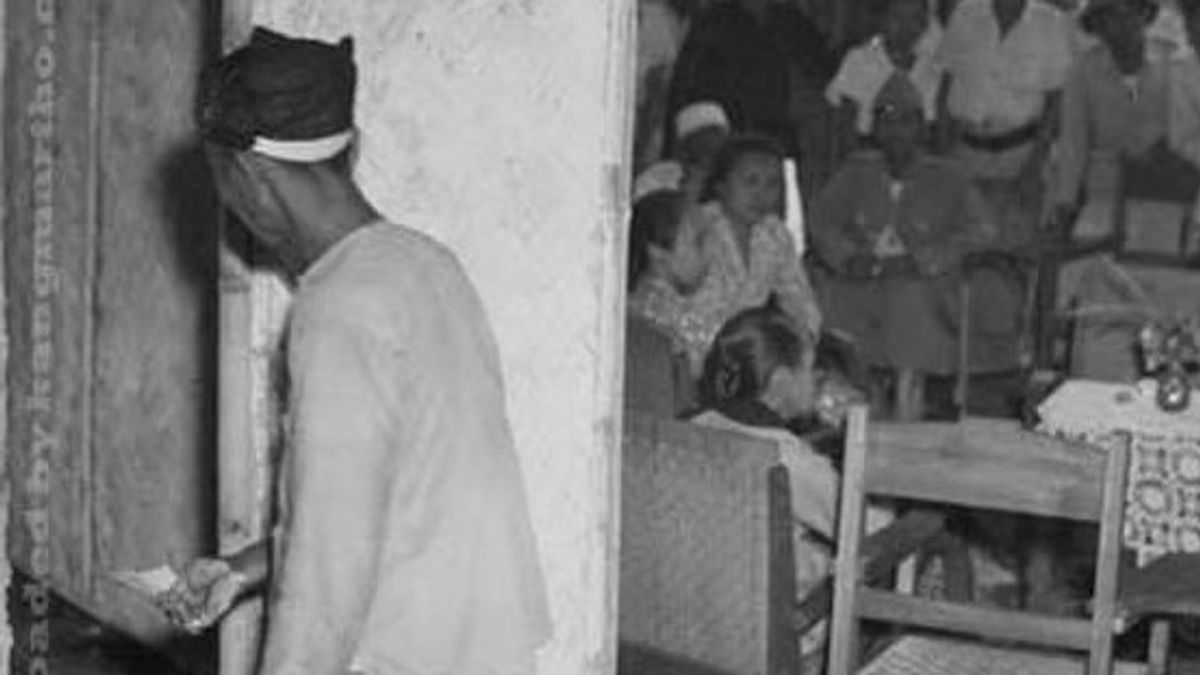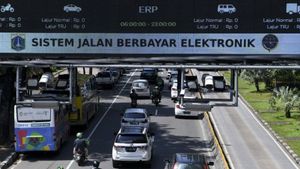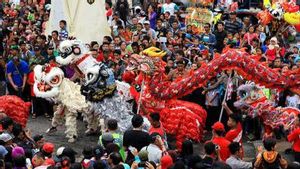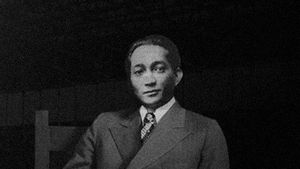JAKARTA - Dutch rule lasted quite a long time in the archipelago. The presence of the priyayi as Dutch East Indies colonial officials was behind it. The priyayi who hold the position of village head, for example. This position is not to be taken lightly. Even though they were not paid directly by the Netherlands.
They are able to reap huge income from other ways. He got this percentage from managing the land to the foreman of the Forced Cultivation system. This advantage makes the position of village head often contested. Moreover, the position of village head can be held for life.
The Dutch trading company, the VOC, did not involve native people in its power. Bumiputras are considered unable to work properly, tend to be less precise and like war. Kompeni also prefer other ethnic groups.
However, everything changed when the bankrupt VOC was replaced by the Dutch East Indies colonial government. The new government began to recognize that native peoples' involvement in government was important. Because, the presence of natives – especially priyayi – was considered the key to expanding Dutch power in Java.
Like it or not they were appointed as Inlands Bestuur or native officials. From the Regent to the demang. Everyone gets salaries and bonuses directly from the Netherlands. The native official who is often called Pangreh Praja is highly respected.

They become representatives of the Netherlands in an area. The alias of native officials was used to be a tool to manipulate citizens to act according to the wishes of the Dutch. Alias most native officials only serve personal interests, rather than the interests of the people.
Whoever rejects the power of bumiputra officials, severe punishment will await. Even so, the Netherlands continues to perpetuate racism and injustice to native officials. Regarding salary, for example. The salary gap between European and Bumiputra officials is incredible.
"The most striking consequence of this development is the huge economic difference between the Westerners and the natives. Only a small group of native people received benefits and a good position in the colonial society, namely the class of civil servants from various services and civil servants (pangreh praja)."
“In the field of government, the European civil service is tasked with supervising the native civil service, but in practice they use it as a tool. Increasingly, their interference in small matters, while the leadership and powers of civil servants as employees are increasingly limited. It is correct to say that those in the civil service family may be considered to be included in the category of children and helpers," explained By Marwati Djoened Poesponegoro in the book Indonesian National History Volume V (2008).
Power of the Village Head
Living as a native official is a life practice that many people dream of. Instead of serving as bupati, village heads of the same class have enormous power. Can serve for life as well. In fact, the village head was not like a regent or demang who were regularly paid by the Dutch.
All of this was because the village head was able to perpetuate the work of the colonial government well throughout the country. During the Forced Cultivation period (1830-1870), for example. They became agents of the Dutch whose job was to ensure that all kinds of Dutch-owned export crops were planted by villagers who were actually farmers.
Their involvement in government projects – including Cultivation – often gets big rewards. This income increases as the village head has the power to collect village taxes and they gain the right to cultivate land – land owned by the village – to finance their own salary.
The amount of influence the village head has made the position a bone of contention. Everyone wants to work as a village head. However, to be able to participate in village head elections is not easy. At a minimum, village head candidates must get the blessing of Dutch officials.

This blessing then allows a village head to serve for many years. In fact, it is not uncommon for this position to be held for life. As long as the village head was shrewd at maintaining his relationship with the Dutch East Indies colonial government.
“Generally, a chief is elected annually or every three years, although old officials can be reelected and often serve for life, or be succeeded by their sons. The election is only a confirmation of his position for the population. Once elected, the village head can gain trust and influence, both for himself and his family.”
“This election can be misused, so that the position of a village head is actually more dependent on the regent than the villagers. The regent can easily drop a village head, and for his personal interests hold a re-election to get rid of a village head," said Ong Hok Ham in the book Madiun Dalam Kemelut Sejarah: Priayi dan Petani di Keresidenan Madium Abad XIX (2018).
VOIR éGALEMENT:
The English, Chinese, Japanese, Arabic, and French versions are automatically generated by the AI. So there may still be inaccuracies in translating, please always see Indonesian as our main language. (system supported by DigitalSiber.id)


















